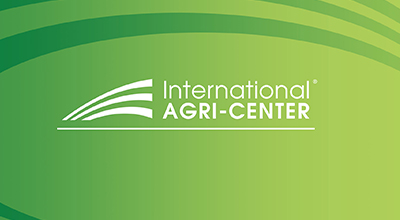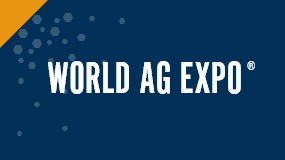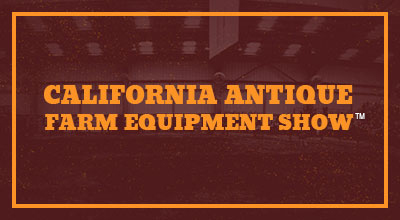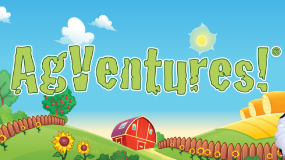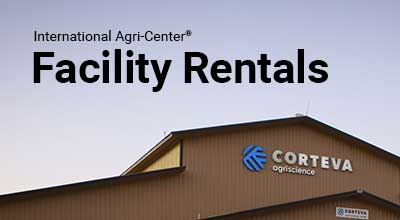Though agriculture is central to life, puts science and other STEM subjects into practice, and is tied to economics, business and social sciences, Americans get little formal education about it. The National Center for Agricultural Literacy, housed at Utah State University, works to change that lack of understanding by providing resources for teachers and a new program funded by the United States Department of Agriculture is creating a formal certification in agricultural literacy.
The National Center for Agricultural Literacy (NCAL), is a collaboration of National Agriculture in the Classroom and the National Institute of Food and Agriculture, and was recently awarded a $300,000 USDA grant to launch an agricultural literacy certification program that will be available to teachers and volunteers around the country.
The United States Department of Agriculture has awarded the National Center for Agricultural Literacy (NCAL), a collaboration of National Agriculture in the Classroom and the National Institute of Food and Agriculture which is housed at Utah State University (USU), a $300,000 grant to launch an agricultural literacy certification program that will be available to teachers and volunteers across the country.
With a mission to change how the world thinks about agricultural systems related to science, technology, engineering, mathematics, quality of life, and our environment, NCAL has developed a program to teach educators how agriculture is tied to all aspects of life and can be used in their classrooms. Even in regions where production agriculture is common, students and people in their communities are often unfamiliar with many other facets of agriculture.
“Someone could grow up on a beef ranch and know a lot about the beef industry, but not have a clue how things work when it comes to corn or soybean production,” said Rose Judd-Murray, assistant professor in USU’s College of Agriculture and Applied Sciences and co-principal investigator for NCAL grant. “There’s a need for literacy on all fronts of agriculture, not just what people grew up doing. This grant and curriculum are designed to give educators a broad understanding of agriculture that will give them a huge advantage in the classroom.”
The project will begin with one year of preparing the curriculum. Year two will kick-off a pilot program with 50 volunteers, who will be paid a stipend for their participation. After 12 hours of instruction, participants will receive a nationally recognized certification and will have gained a significant understanding of agricultural literacy and how to apply that knowledge to subjects in the core curriculum for the grades they teach. Years three and four of the grant program will allow 500 teachers and volunteers across the nation to participate in the program.
“It’s so important for educators to not only understand standards in agriculture now, but to apply them to the curriculum they are teaching,” said Debra Spielmaker, co-principal investigator and professor at USU’s CAAS. “This isn’t just for teachers in a traditional setting either, this can be applicable to anyone who wants to educate others on agricultural topics.”
The new program will offer a formal certification, but teachers don’t need to wait for opportunities to help students better understand agriculture. The National Center for Agricultural Literacy’s website currently provides free resources for teachers that help link agriculture with STEM subjects, and offers workshops and curriculum for educators in grades
K-12. Explore the NCAL’s resources at agliteracy.org.
For more information, contact Rose Judd-Murray at rosejuddmurray@usu.edu.
###
Visit Utah State University at World Ag Expo® Online at http://bit.ly/WAE21-UtahState.
